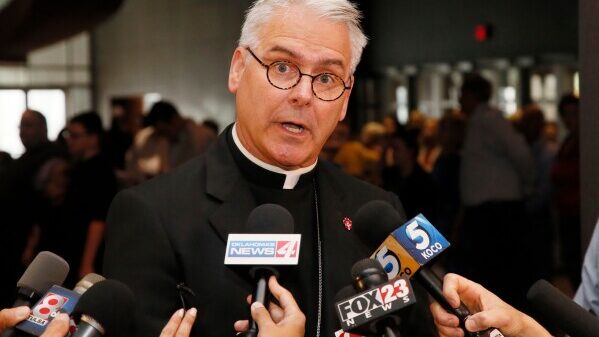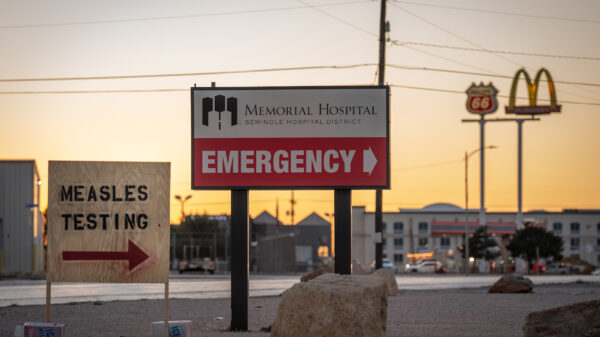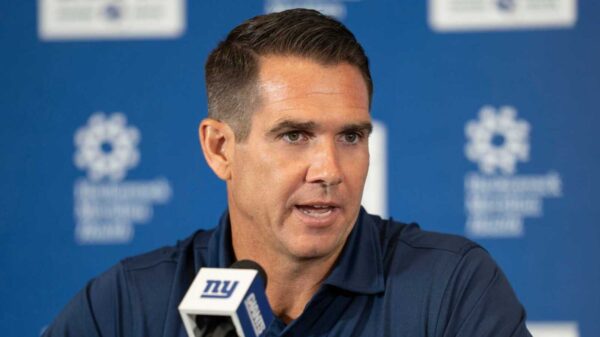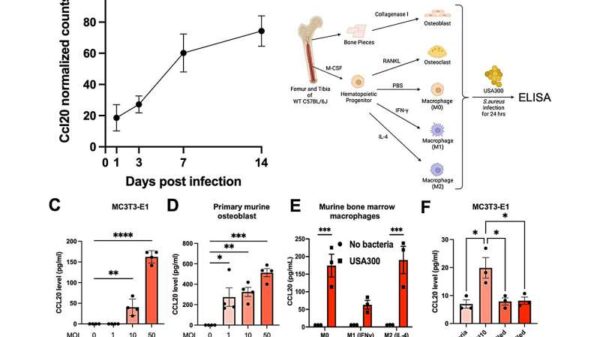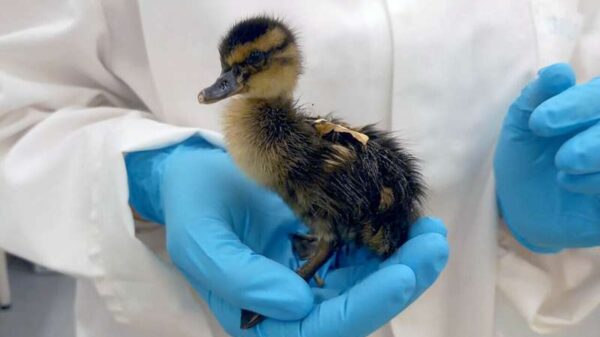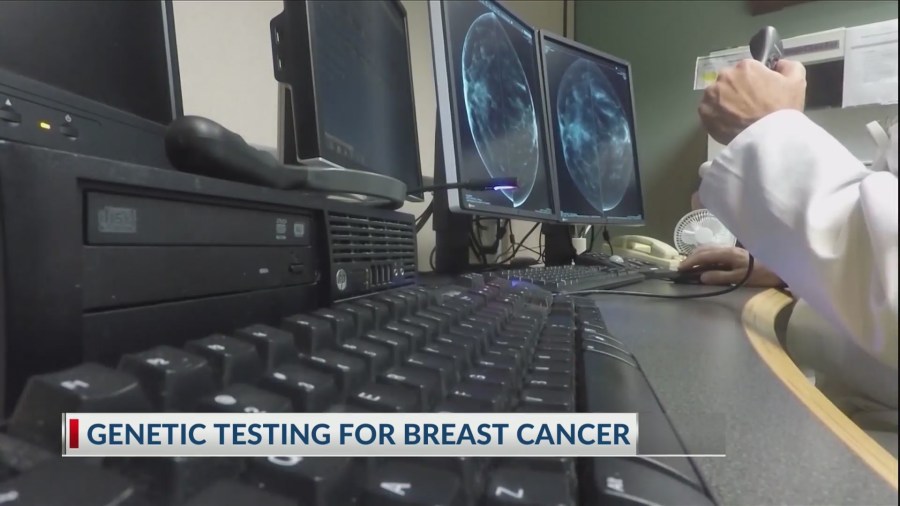Breast cancer can significantly disrupt lives, especially for those diagnosed or with a family history of the disease. Genetic testing is emerging as a proactive measure to help individuals understand their risks and make informed decisions. According to Dr. Leonard Henry, medical director of the Lewis Cancer Research Pavilion in Savannah, Georgia, there are 13 gene mutations associated with breast cancer.
Understanding one’s genetic profile can lead to earlier interventions. “Most people come to us who have cancer or have a family history of cancer,” Dr. Henry explained. Through a series of evaluations based on family history, patients may be referred to genetic counselors. These specialists determine eligibility for testing and discuss the implications of potential findings.
Approximately 12-15% of cancer patients may carry underlying gene mutations that increase their cancer risk. Dr. Henry noted that these mutations do not solely predispose individuals to breast cancer but can also heighten the risk for other types of cancers, necessitating comprehensive screening strategies.
Proactive Measures and Personal Journeys
A significant number of individuals who test positive for these mutations choose prophylactic surgery, which has an effectiveness rate of 90-95%. Other preventive strategies may include enhanced screening, medication, and lifestyle modifications.
One such individual is Elyse Molstad, who opted for prophylactic surgery to remove her breasts before cancer could develop. Molstad’s journey with breast cancer began when she lost her grandmother to the disease at the age of 13, followed by the death of her mother. Aware of her family’s history, her sister underwent genetic testing for breast cancer gene mutations. While her sister tested negative, Elyse received alarming news.
“I say that I flunked a mammogram, and it was so scary. I had to have a biopsy,” Molstad recounted. This experience brought back painful memories for her family, particularly concerning her mother’s battle with the disease. After undergoing genetic testing, Elyse tested positive for the BRCA1 mutation, which elevates the risk not only for breast cancer but also for other malignancies such as ovarian cancer, melanoma, and pancreatic cancer.
Dr. Henry emphasized that women carrying the BRCA1 mutation face a significantly increased risk of ovarian cancer, which is notoriously difficult to screen for. Many choose to have their ovaries removed once they have completed childbearing, which can also reduce breast cancer risk.
“My goal was to stop the fear, be brave, and be a trailblazer for my sisters,” Molstad stated. She is determined to change her family’s narrative, especially for her sister who has not yet undergone testing.
Awareness and Advocacy
In addition to her proactive health measures, Molstad actively participates in breast cancer awareness initiatives. She volunteers with various organizations dedicated to raising awareness and funds for breast cancer research. Furthermore, she has taken to the stage, performing stand-up comedy to support local breast cancer research agencies.
Dr. Henry advocates for breast self-awareness, urging women to familiarize themselves with the normal shape and feel of their breasts. This knowledge can empower them to identify any changes promptly. “Women should be familiar with how their breasts are shaped and how they feel, so they are able to identify any changes that can happen,” he advised.
For those seeking more information about breast cancer screening and prevention, resources such as WSAV’s Buddy Check 3 Program offer guidance and support. The increasing focus on genetic testing and personal health awareness marks a significant shift in the approach to combating breast cancer, allowing individuals like Elyse Molstad to take control of their health narratives.







